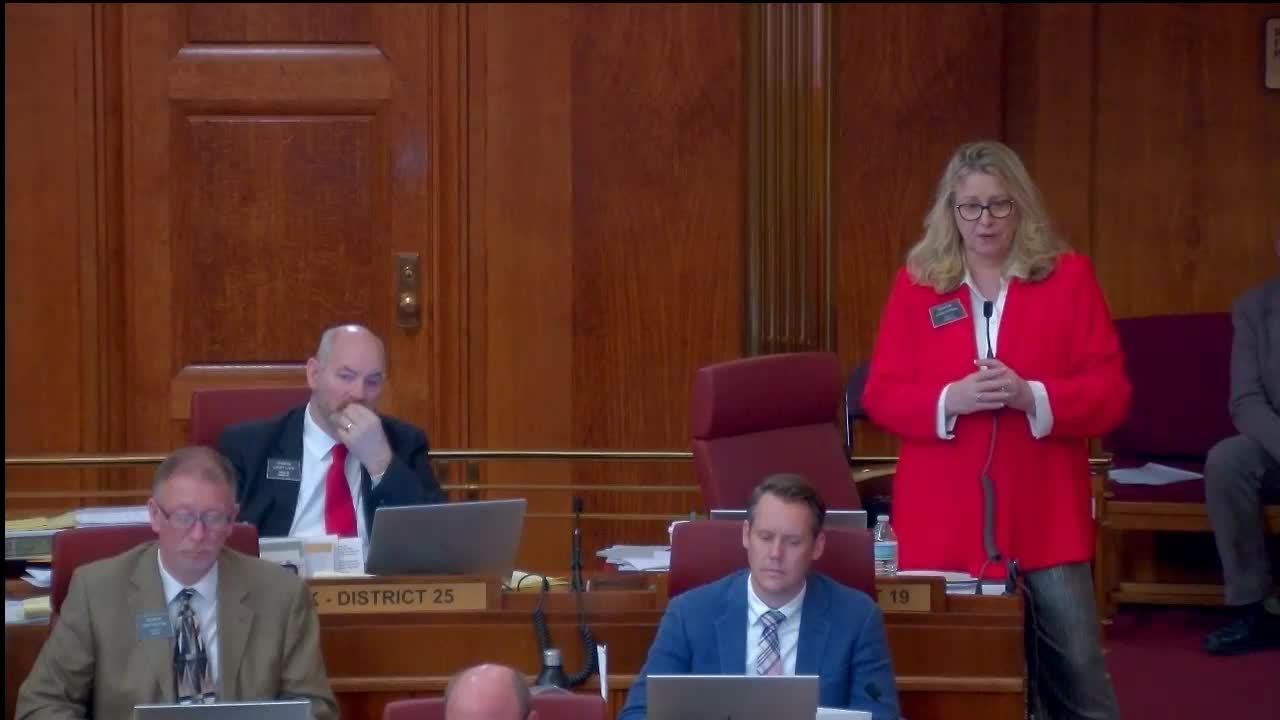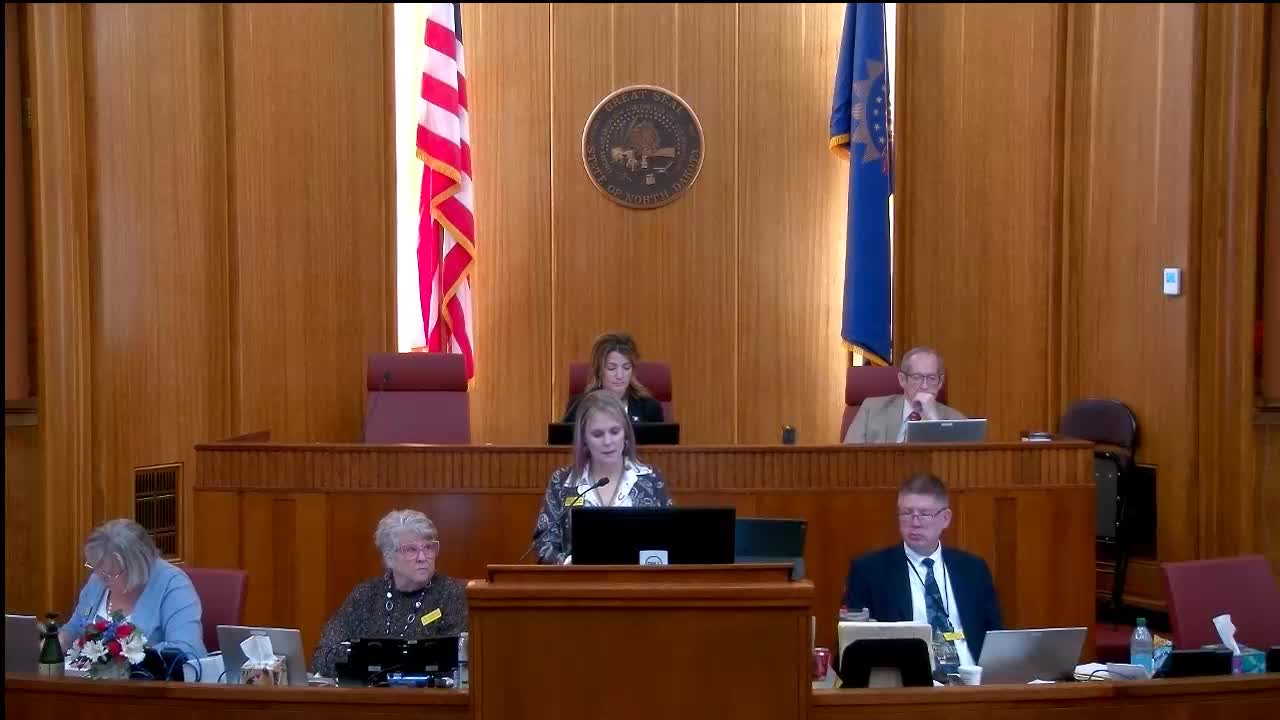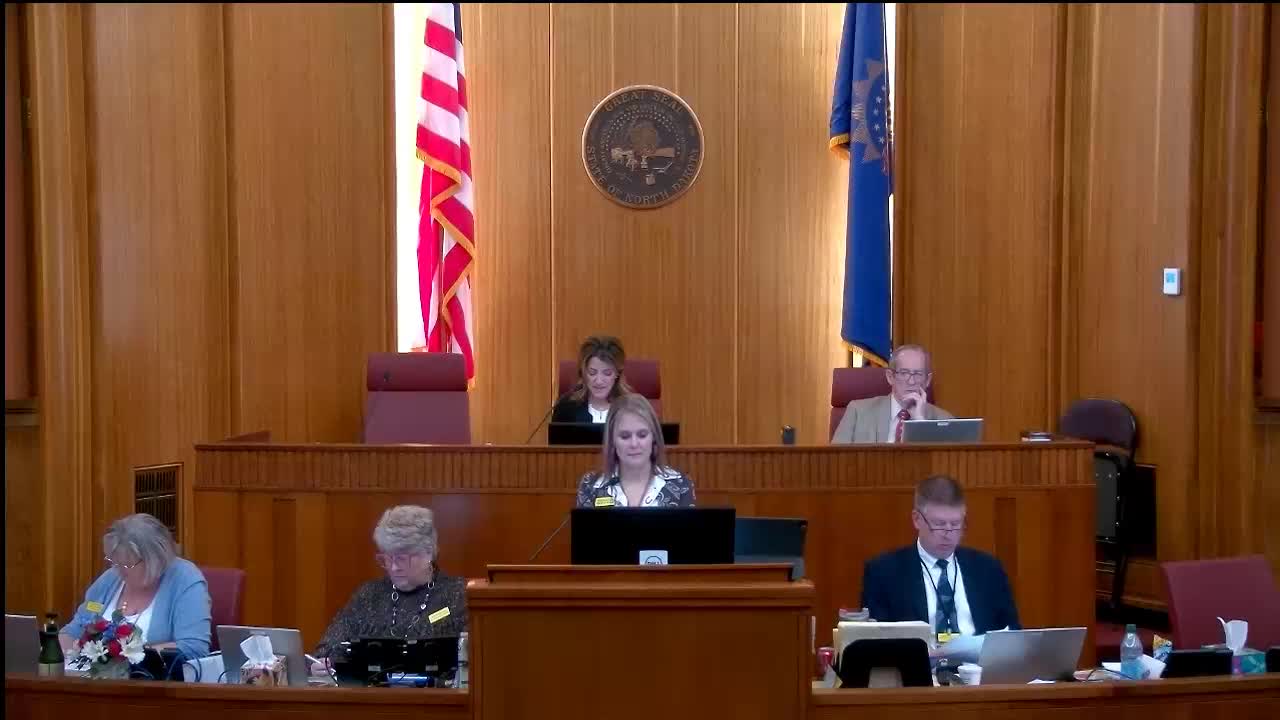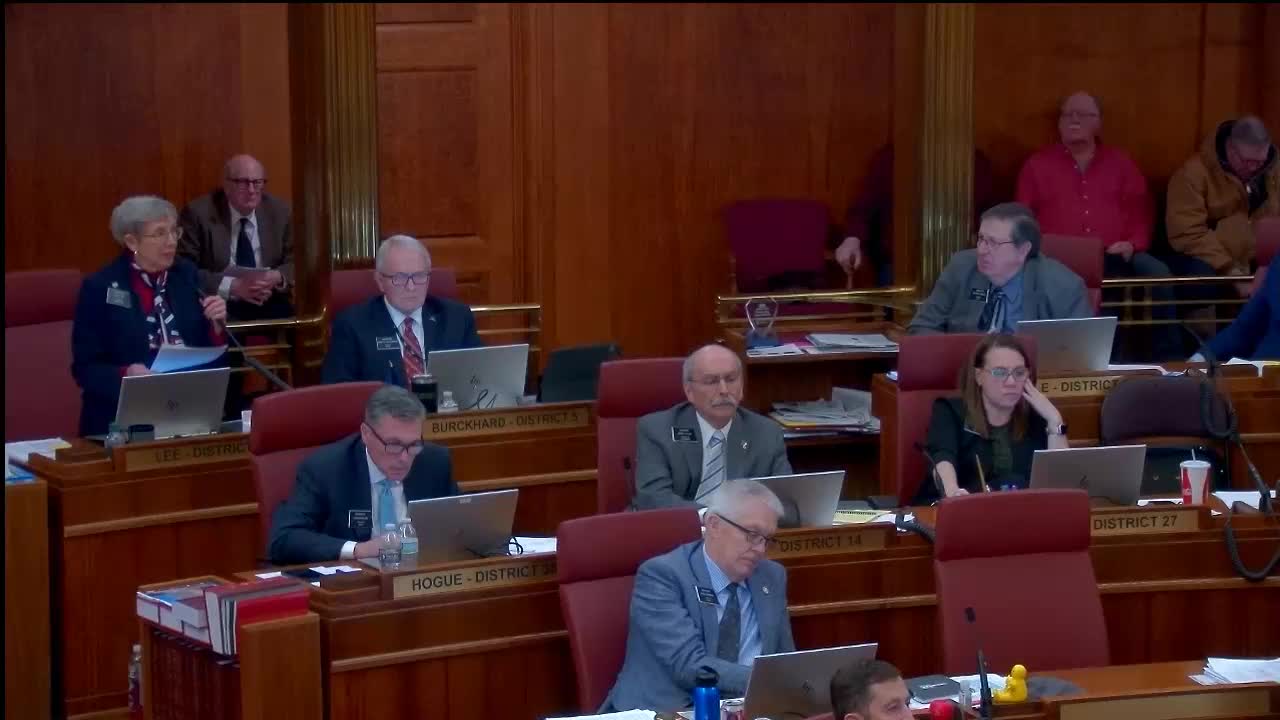Article not found
This article is no longer available. But don't worry—we've gathered other articles that discuss the same topic.

Senate rejects bill to withhold infrastructure funds from local governments that restrict energy or agricultural projects

Senate approves Office of Guardianship and Conservatorship after hours of debate

Votes at a glance: key roll calls from the North Dakota Senate on Feb. 21, 2025

